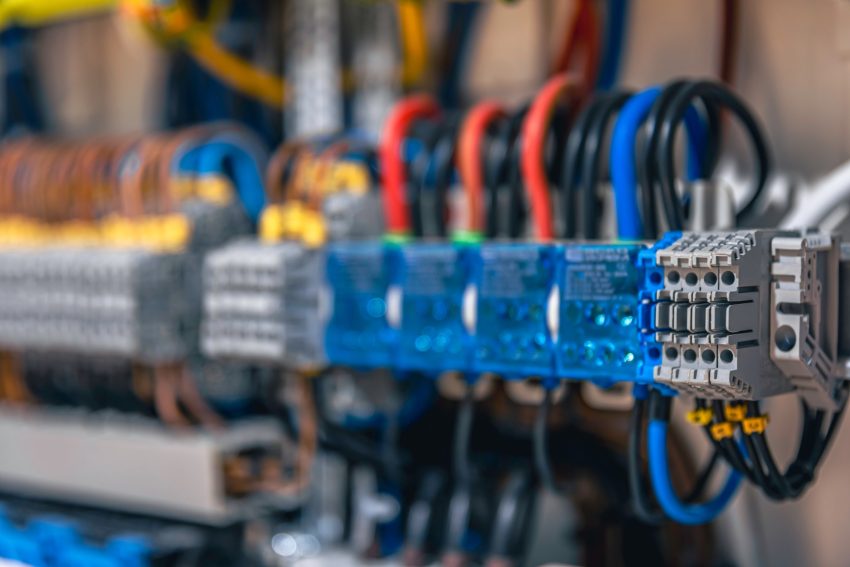An effective and productive facility has its core in a well-designed industrial electrical power system. It is more than just power to machines- it makes the system stable, increases reliability and allows future scalability. A well-considered industrial electrical network engineering design will bring about considerable decrease to unexpected downtimes, rise in energy efficiency, and decreased maintenance cost by the industries. These systems will facilitate efficient running of gear, make it energy efficient and save on electrical components that have had a shortened life. Lastly, the ability to invest in intelligent electrical design will result in an enhanced productivity, the reduction of a potential disruption, and a greater return on investments, which explains why it is the essential elements of success regarding the long-term success of an industrial operation.
How Industrial Electrical Network Engineering Design Impacts Operational Efficiency
Minimized Downtime
The disruption of operations in the industrial setting due to the power outage, irrespective of the duration, may result in the stoppage of production process and in the substantial financial losses. To prevent such occurrence, a well-designed industrial electrical network engineering design must have adequate distribution of loads, redundancy in the system, and sophisticated faulty detecting systems. Its effect on minimizing downtimes and allowing processes to resume with little significant interference is by providing an uninterrupted supply of power and isolating faults in the shortest of times. It is a continuous workflow that enhances high productivity, less reliance on emergency repairs, and high confidence with system reliability. Finally, with an intelligent network design, there is consistent running of operations that are critical to industries in which time translates to revenue.
Lower Maintenance Costs
Maintaining an industrial system is one of the fixed expenses, however the well-planned electrical system can help cut this cost considerably. Maintenance is easier and less time-consuming by the use of good parts, reduced cable chasing, and making panels easier to get into. It saves time of technicians not only, but also lowers the chance of damage or errors made during the service. Also, good design limits the wear and tear of components by preventing over-loading or in-efficient configurations. This reduces the rate of part replacement, emergency fixes, and expensive breakdowns as time goes by resulting in steady savings and ensuring a longer lifespan of the equipment.
Energy Efficiency
One of the largest operating costs for businesses is energy consumption. Energy-efficient motors and transformers, real-time monitoring systems, and power factor correction are all elements of a well-planned electrical network. These elements help reduce waste, optimize energy distribution, and reduce utility provider reactive power charges. Proactive energy management is facilitated by monitoring systems, which provide companies with the capacity to monitor trends in usage and adjust accordingly. Besides fostering sustainability goals and green practices, a strong network translates into significant savings on electricity bills. In the long term, energy efficiency boosts bottom-line profit margins and encourages environmental stewardship.
Better ROI
High-quality industrial electrical network engineering design may seem expensive up front, but the long-term advantages greatly exceed the expenses. Long-term savings are a result of decreased downtime, lower energy use, fewer maintenance procedures, and longer equipment life. A well-designed system also doesn’t require significant redesigns because it is scalable and flexible enough to accommodate future expansion. Your investment is safeguarded and guaranteed to provide value over time by this strategic foresight. The return on investment (ROI), which includes increased financial results for the company, decreased total cost of ownership, and improved operational performance, is evident when all of these aspects are taken into account.
Conclusion
An efficient industrial electrical network engineering design is not just a technical requirement—it’s a strategic advantage. From minimizing unplanned downtimes and reducing maintenance expenses to improving energy efficiency and long-term ROI, a well-designed system plays a vital role in keeping operations running smoothly. With deep expertise in power systems, automation, and electrical optimization, Trident Techlabs ensures each project enhances operational efficiency, safety, and scalability.

